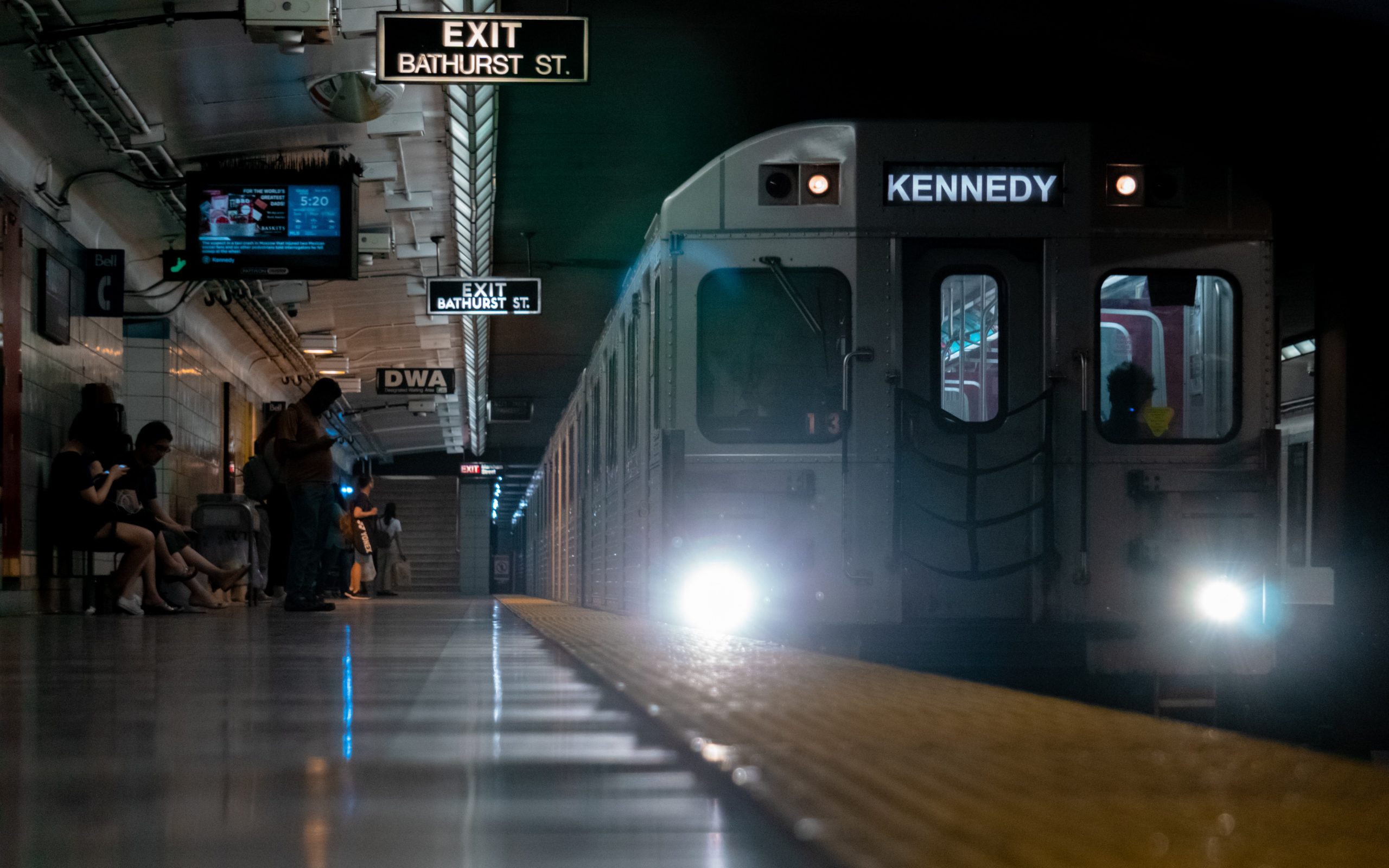Uber and Lyft cost TTC around $74-million in lost revenue in 2019, report says

Posted February 10, 2021 12:24 pm.
Last Updated February 10, 2021 1:14 pm.
As the pandemic carries on, the Toronto Transit Commission (TTC) continues to struggle to attract customers with a new report highlighting how ride-hailing apps like Uber and Lyft have drastically affected costs resulting in the TTC losing more than $74-million in revenue in 2019.
This, according to RideFair, a coalition that did a deep dive on the circumstances surrounding the TTC and how commuters are looking to these ride-hailing applications instead of riding the subway or streetcar.
The coalition estimates that the TTC also lost an estimated 31 million transit users to Uber and Lyft.
“Our analysis of the City of Toronto’s numbers suggests that these Silicon Valley-based venture capital-backed companies are disrupting our access to high-quality, efficient, and affordable public transit,” the coalition said in its report.
“In 2019 alone, based on research for the City of Toronto, ride-hailing companies took an estimated 31 million trips out of our public transit system. This translates into an estimated farebox loss of $74 million. This loss is a conservative estimate and likely to increase given the month-to-month and year-by-year growth trends for ride-hailing trips.”
Throughout 2020, the TTC lost around $70 million in fare evasion alone. Early that year, the TTC launched an advertising campaign aimed at making riders aware that they must always pay their fare, under any and all circumstances.

Opinions about the campaign have been divided on whether it is a necessary evil or entirely unnecessary.
But many point out that faulty machines which often make it difficult to pay, poor service, and various issues with the Presto system are more pressing issues.
“Funding for the TTC relies heavily on fares. If roughly half of Toronto ride-hailing trips replaced public transit, the TTC would lose more trips as the volume of ride-hailing trips increased,” Ride Fair says.
“By March 2019, the City estimated an average of 176,000 ride-hailing trips were taking place each day, corresponding to an estimated 31 million transit trips a year lost to ride-hailing (conservatively, as presumably, the average daily trips continued to increase apace past March). At an average trip cost of $2.35, the TTC stood to lose $74 million in fares.”
In response to RideFair’s data-based report, Uber says “TTC’s own report attributes the overall decrease in ridership to several factors compared to 2018, including severe weather, decreased weekend ridership, increased subway closures and higher PRESTO adoption.”
“RideFair’s view that ride-sharing companies strategically look to draw riders away from public transportation may come as a surprise to the various public transit systems that have chosen to partner or collaborate with Uber on a variety of initiatives, including those in Boston, Dallas, Denver, Tampa Bay, Rio de Janeiro, and Canberra,” an Uber spokesperson said in an email to 680 NEWS.
RideFair referenced a recent study out of the U.S. that showed, eight years after ride-hailing apps like Uber and Lyft were introduced, 22 cities reported subways losing approximately 10 percent, and bus routes lost over 12 percent of ridership.
The report coincides with an announcement from Prime Minister Justin Trudeau, who said the feds will provide nearly $15 billion for public-transit projects across the country, though most of the money won’t arrive until later in the decade.
Toronto mayor John Tory says the governments’ commitment will have a tremendous impact on the City’s public transit.
In a statement, Tory called the funding a “landmark investment.”
“This is great news for Toronto and for our transit system.”
But RideFair says even with funding from higher levels of government, Uber and Lyft aren’t going away anytime soon and as such, the damage might already be done.
“There is a danger that we could see an even more significant shift of ridership (and revenues) from public transit to ride-hailing vehicles post-pandemic,” the report says.
“Such a change could have profound implications for our ability to deliver efficient, equitable, and affordable public transit in Toronto.”
RideFair is a coalition that brings together a diverse group of organizations, including taxi and ride-hailing drivers, public transit workers, environmental organizations, cycling, and pedestrian advocates, academic institutions, research institutes, and community groups.










